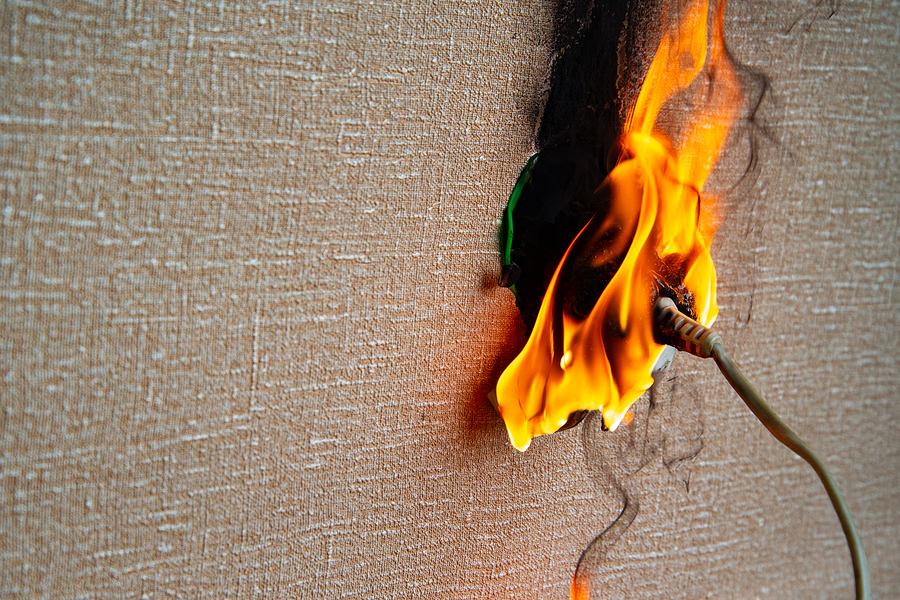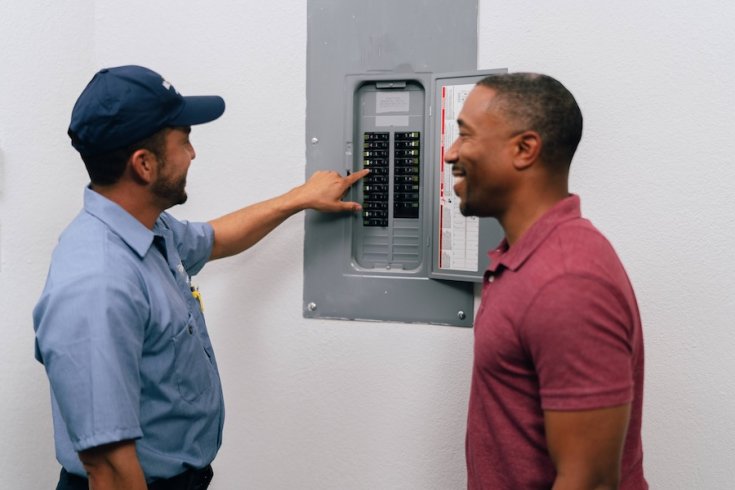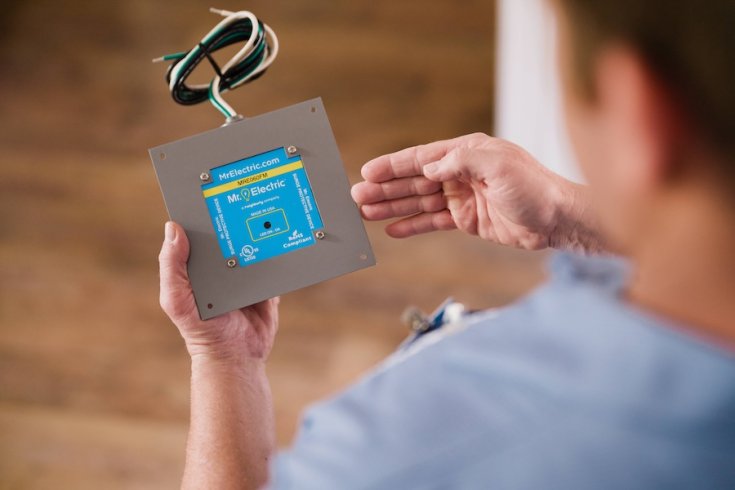What Causes a Burnt or Melted Outlet?
Electrical systems form the backbone of modern infrastructure; they deliver power to our homes, offices, and communities through a network of wires and outlets. While these systems are designed to operate safely and efficiently, they are not immune to potential hazards. One concern is that of burned or melted electrical outlets, which can pose serious risks to both property and personal safety.
In this brief article brought to you by Mr. Electric, we shed light on the causes and consequences of burned or melted outlets. We hope this information helps you to recognize the signs of potential danger and take appropriate action. If you need a certified electrician, then call Mr. Electric for urgent assistance.
The Anatomy of an Electrical Outlet
Before getting into the issue of burned or melted outlets, let’s understand the fundamental components of these ubiquitous fixtures.
Electrical outlets consist of receptacles, where plugs are inserted to access power, as well as wiring that connects them to the electrical system. Behind the cover plate, wires carry electricity from the main circuit breaker or fuse box to the outlet, providing a pathway for power distribution throughout the building.
Understanding the Causes of Burned or Melted Outlets
Burned or melted electrical outlets can result from a variety of factors, each posing its own set of risks and challenges. Let’s take a look.
- Overloading: Plugging too many devices into a single outlet or using appliances that draw excessive power can overload the circuit. This can cause wires to overheat and potentially ignite surrounding materials.
- Loose Connections: Poorly installed outlets or loose wiring connections can create resistance, leading to heat buildup and potential arcing. This can melt or burn the outlet and surrounding materials.
- Short Circuits: A short circuit happens when electrical current detours its intended path and flows directly from the hot wire to the neutral or ground wire, resulting in a sudden surge of electricity that can cause wires to melt or outlets to burn.
- Faulty Wiring: Aging or damaged wiring within the walls can pose a fire hazard, particularly if insulation has deteriorated or if wires have been chewed by pests.
As you can see, there are quite a few ways those reliable outlets can turn to toast. Be mindful of these causes when inspecting and/or maintaining your electrical outlets.
Recognizing the Signs of Trouble
Identifying the warning signs of potential electrical hazards is essential for maintaining a safe environment. Let’s go over some of the common signs of trouble:
- Strange Odors: The smell of burning plastic or other unusual odors from an outlet could be a sign of electrical arcing or melting insulation.
- Hot to the Touch: Outlets that feel excessively warm or hot to the touch may be experiencing issues with overheating and should be inspected promptly.
- Burn Marks or Discoloration: Visual cues such as burn marks, discoloration, or charring around the outlet or cover plate may indicate overheating and potential fire damage.
- Sparks or Arcing: Visible sparks or arcing when plugging in or unplugging devices can indicate loose connections or other electrical problems that require immediate attention.
It’s important that you arrange an electrical repair service if you notice signs of concern. Residents in the area can call Mr. Electric for anything from an inspection or repair to an electrical outlet replacement. Call us to speak with a member of our team today.







